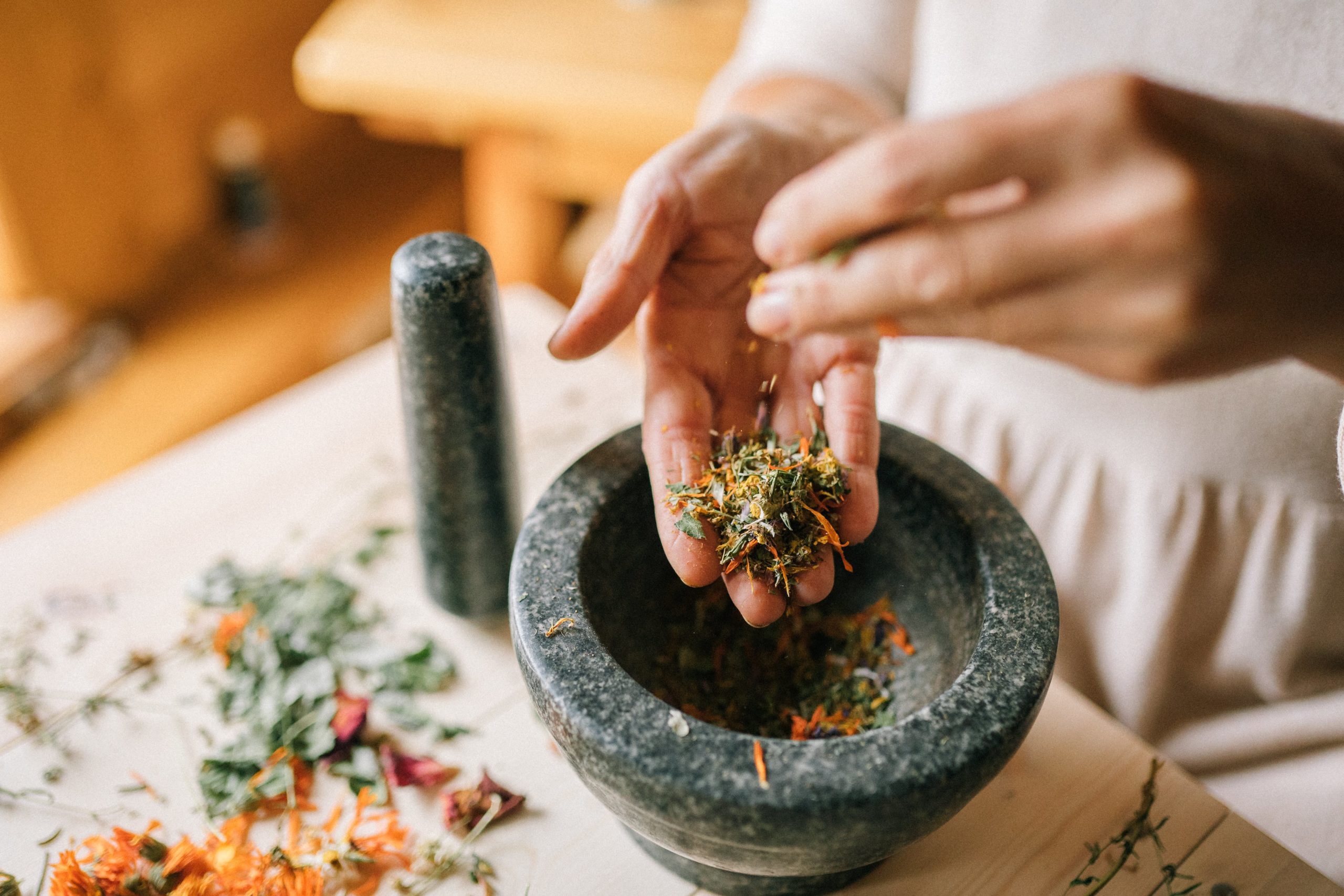Where does it come from?
In the hustle and bustle of modern life, where stress and ailments seem to be the norm, a remedy as ancient as the earth itself is making a powerful comeback – the healing power of plants.
From time immemorial, various cultures across the globe have turned to the rich bounty of nature to address both physical and mental health concerns.
As we delve into the intricate world of botanical wonders, it becomes evident that plants possess an unparalleled ability to rejuvenate and heal.
In this blog post, we explore the profound connection between plants and well-being, shedding light on the therapeutic benefits that green companions can offer.
- Nature’s Pharmacy: Medicinal Plants in Traditional Medicine
Long before the advent of modern medicine, civilizations relied on the knowledge of medicinal plants passed down through generations. Traditional healing systems, such as Ayurveda in India, Traditional Chinese Medicine, and Native American herbalism,  embraced the vast spectrum of healing properties found in plants. These ancient practices recognized the synergy between the human body and the botanical world, harnessing the therapeutic potential of plants to treat a myriad of ailments.
embraced the vast spectrum of healing properties found in plants. These ancient practices recognized the synergy between the human body and the botanical world, harnessing the therapeutic potential of plants to treat a myriad of ailments.
- Holistic Healing: Mind, Body, and Soul
The holistic approach to healing acknowledges the interconnectedness of mind, body, and soul. Plants, with their diverse array of compounds, contribute to holistic well-being by addressing not only physical symptoms but also nurturing mental and emotional balance.
Aromatherapy, for instance, taps into the power of plant-derived essential oils to promote relaxation, reduce stress, and uplift mood.
The aromatic molecules of plants have a direct impact on the limbic system, the emotional center of the brain, triggering profound emotional responses.
- Greening Your Space: The Impact of Indoor Plants on Mental Health
In the concrete jungles we inhabit, the importance of reconnecting with nature cannot be overstated.
The presence of indoor plants has been linked to improved mental health and increased productivity.
Studies have shown that the introduction of plants into indoor environments can reduce stress, anxiety, and depression. The visual appeal of greenery and the act of caring for plants create a serene atmosphere that fosters emotional well-being.
- Plant-Based Nutrition: Fueling the Body for Optimal Health
The healing power of plants extends beyond external remedies; it also lies in the nutrition they provide.
A plant-based diet rich in fruits, vegetables, nuts, and seeds has been associated with numerous health benefits. Packed with essential vitamins, minerals, and antioxidants, plant-based foods support the immune system, reduce inflammation, and contribute to cardiovascular health.
Embracing a plant-centric approach to nutrition is not just a dietary choice but a lifestyle that can prevent and even reverse chronic diseases.
- Herbal Remedies: Unveiling Nature’s Apothecary
Herbal medicine, a cornerstone of traditional healing, continues to play a significant role in contemporary healthcare. Many pharmaceutical drugs have their origins in plant compounds, highlighting the potent therapeutic potential found in nature.
From Echinacea for immune support to Turmeric for its anti-inflammatory properties, herbal remedies offer a gentler alternative to synthetic drugs, often with fewer side effects.
The resurgence of herbalism reflects a growing awareness of the need for sustainable and natural approaches to health.
- Bioactive Compounds: The Science Behind Plant Healing
The science behind the healing power of plants lies in their bioactive compounds. Phytochemicals, such as flavonoids, alkaloids, and terpenes, contribute to the diverse therapeutic effects observed in various plant species.
These compounds exhibit antioxidant, anti-inflammatory, and antimicrobial properties, contributing to the prevention and treatment of diseases.
Researchers are continually unraveling the complex interactions between plant compounds and human physiology, paving the way for innovative plant-based therapies.
- Nature’s Resilience: Inspiring Human Healing
Plants, with their remarkable resilience and adaptability, serve as an inspiration for human healing and growth.
The ability of a seed to push through the soil and blossom into a vibrant plant mirrors the innate resilience within each individual.
Engaging with nature, whether through gardening, hiking, or simply spending time outdoors, allows us to tap into this resilience, fostering a sense of connection and empowerment that transcends the physical realm.
- The Green Prescription: Integrating Plants into Healthcare
Recognizing the therapeutic potential of plants, healthcare professionals are increasingly incorporating nature-based interventions into treatment plans.
Horticultural therapy, for example, involves engaging patients in gardening activities to promote physical, emotional, and cognitive well-being.
Hospitals and healthcare facilities are also incorporating green spaces and healing gardens to create environments conducive to recovery.
Conclusion:
In a world that often seeks high-tech solutions to health challenges, the age-old wisdom of harnessing the power of plants for healing is experiencing a renaissance.
From the intricate science of phytochemistry to the simple act of tending to a potted plant, the healing journey with plants is diverse and accessible.
As we navigate the complexities of modern life, let us not forget the profound connection between humanity and the botanical world, for in the embrace of nature’s green bounty, we find the keys to holistic well-being.

